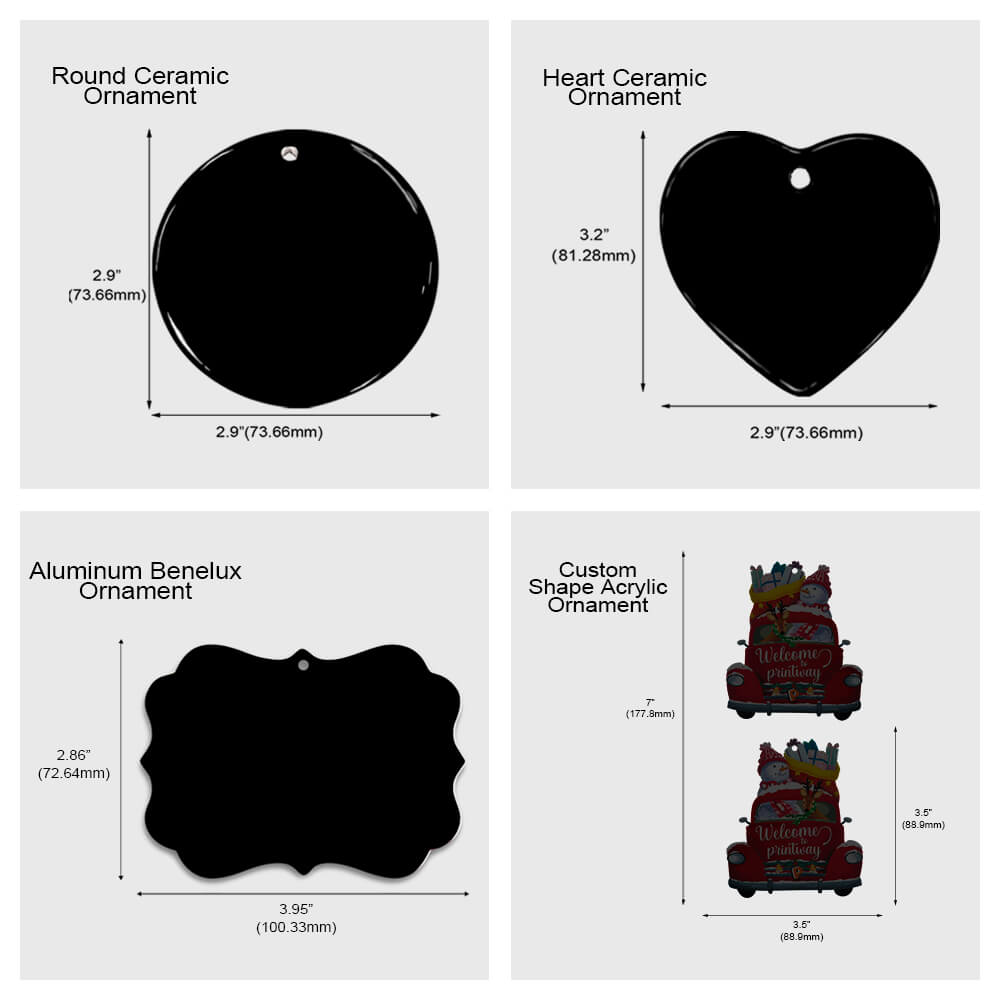To All My Haters: Rising Above Negativity and Embracing Success

Table of Contents
- Introduction
- Understanding Hate: The Psychology Behind It
- The Effects of Hate on Individuals and Society
- Overcoming Hate: Strategies for Personal Growth
- Self-Reflection and Building Resilience
- Surrounding Yourself with Positive Influences
- Example: How Taylor Swift Turned Her Haters into Motivation for Success
Introduction
In a world where success is often met with criticism, it’s important to address the topic of haters. Whether you’re a celebrity, an entrepreneur, or simply someone trying to achieve their goals, dealing with haters can be challenging. This article aims to explore the psychology behind hate, its effects on individuals and society, as well as strategies for overcoming negativity and embracing success.
Understanding Hate: The Psychology Behind It
Hate is a complex emotion rooted in various psychological factors. It often stems from feelings of envy, insecurity, or a desire for power and control. Understanding the psychology behind hate can help individuals navigate through negative experiences and develop empathy towards their haters.
Research suggests that individuals who engage in hateful behavior may have unresolved personal issues or low self-esteem. By projecting their insecurities onto others, they attempt to regain a sense of superiority or validation. However, it’s important to remember that hate is not a reflection of the person being targeted but rather an expression of the hater’s own internal struggles.
The Effects of Hate on Individuals and Society
Hate has far-reaching consequences on both individuals and society as a whole. For those who are targeted by hate, it can lead to emotional distress, anxiety, and even depression. The constant barrage of negativity can erode one’s self-confidence and hinder personal growth.
On a societal level, hate contributes to division and conflict. It fosters an environment where discrimination thrives and inhibits social progress. Addressing hate is crucial for creating inclusive communities where diversity is celebrated rather than condemned.
Overcoming Hate: Strategies for Personal Growth
While dealing with haters may seem daunting at first, there are effective strategies that can help individuals rise above negativity and embrace success:
Self-Reflection and Building Resilience
One key strategy for overcoming hate is engaging in self-reflection. By understanding our own strengths and weaknesses, we become better equipped to handle criticism constructively. Building resilience allows us to bounce back from negative experiences stronger than before.
Practicing mindfulness techniques such as meditation or journaling can also aid in self-reflection by promoting self-awareness and emotional regulation.
Surrounding Yourself with Positive Influences
Another effective strategy is surrounding yourself with positive influences. This includes seeking support from friends, family, or mentors who uplift and encourage you. By surrounding yourself with a strong support system, you can counteract the negativity brought on by haters.
Example: How Taylor Swift Turned Her Haters into Motivation for Success
Taylor Swift, a globally renowned singer-songwriter, has faced her fair share of criticism throughout her career. Instead of letting it bring her down, she used it as motivation to prove her worth and achieve even greater success. By channeling the negativity into her music and embracing authenticity, she turned the tables on her haters and gained millions of loyal fans in the process.
We Are Their Voice: Making a Difference

At Ettee, we believe in standing up against hate and making a positive impact in the world. Our product “We Are Their Voice” is designed to raise awareness about animal cruelty and promote compassion towards animals.
By purchasing “We Are Their Voice,” you not only contribute to our mission but also send a powerful message against hate in all its forms. Together, we can create a more inclusive and compassionate society.
Visit Ettee’s website to learn more about “We Are Their Voice” and join us in making a difference today!
Summary: Rising Above Negativity Towards Success
Dealing with haters is an inevitable part of life for many individuals striving for success. Understanding the psychology behind hate and its effects on individuals and society is crucial in navigating through negative experiences.
By practicing self-reflection, building resilience, and surrounding ourselves with positive influences, we can rise above the negativity and embrace success. It’s important to remember that haters do not define our worth or determine our future. Instead, we have the power to turn their negativity into motivation for personal growth.
Together, let’s stand against hate and create a world where success is celebrated rather than criticized.
Q&A
Q: How can I differentiate between constructive criticism and hate?
A: Constructive criticism aims to help you improve by providing specific feedback on your actions or work. It is usually delivered in a respectful manner with the intention of helping you grow. On the other hand, hate is often characterized by personal attacks, insults, or baseless accusations without any constructive purpose.
Q: How should I respond to haters?
A: Responding to haters depends on the situation and your personal preference. In some cases, ignoring them may be the best course of action as it denies them the attention they seek. However, if you choose to respond, it’s important to remain calm and composed while addressing their concerns or misconceptions.
Q: Can hate ever be justified?
A: While everyone has a right to their own opinions and emotions, it’s essential to distinguish between expressing disagreement or disapproval versus engaging in hateful behavior. Hate that promotes discrimination or harm towards others can never be justified as it goes against principles of empathy and respect.
Common FAQ
- Q: How do I deal with online hate?
- A: When facing online hate:
- Take a break from social media if needed.
- Report and block individuals spreading hate.
- Focus on positive interactions and supportive communities.
- Q: Can hate affect my mental health?
- A: Yes, constant exposure to hate can have detrimental effects on mental health. It’s important to prioritize self-care, seek support from loved ones, and consider professional help if needed.
- Q: How can I turn negativity into motivation?
- A: Use negativity as fuel for personal growth by:
- Focusing on your goals and aspirations
- Taking criticism as an opportunity to improve
- Turning negative energy into determination
Remember, you have the power to rise above the negativity and embrace success. Let go of the haters and focus on your own journey towards personal growth.





 [/accordion-item]
[/accordion-item]





 Proudly manufactured in the USA. Experience the exceptional quality and craftsmanship that comes with American production.
Proudly manufactured in the USA. Experience the exceptional quality and craftsmanship that comes with American production.
















